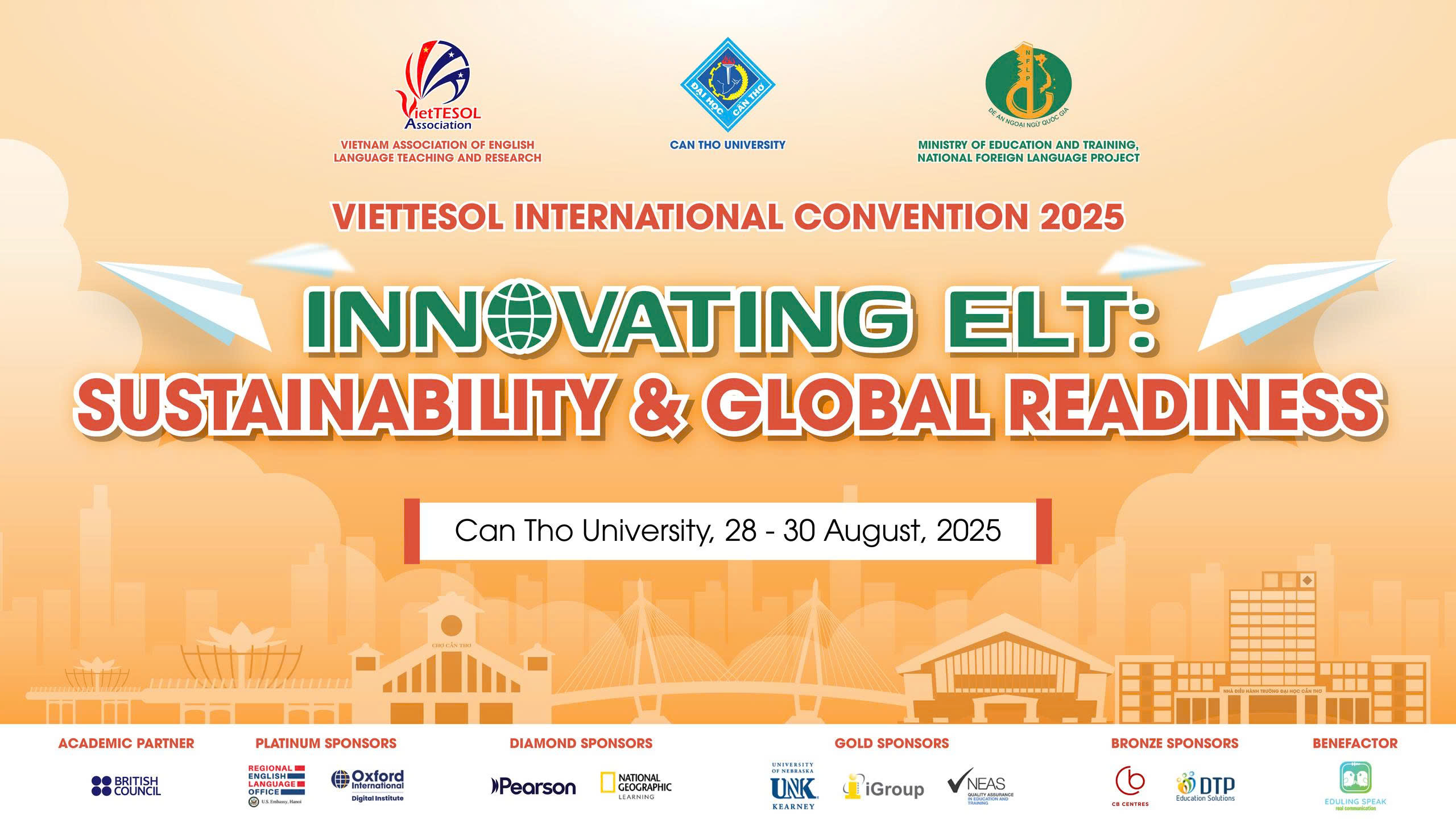
In an increasingly interconnected world, English Language Teaching (ELT) serves as an essential tool for communication, collaboration, and innovation, transcending cultural and geographical boundaries. As a lingua franca, English unlocks access to education, employment, and international discourse, making it indispensable for personal empowerment and societal progress. This global demand for English proficiency underscores the urgency of aligning ELT with sustainability, a pressing concern amid environmental, social, and economic challenges. The United Nations’ Sustainable Development Goal 4 (Quality Education) calls for inclusive, equitable education that fosters lifelong learning and sustainable development, positioning ELT as a key player in preparing learners for a future where adaptability and critical thinking are essential.
Across Asia, this global imperative resonates strongly as the region balances rapid economic growth with sustainability challenges. Countries like China, India, and those in Southeast Asia are integrating English into education systems to enhance global competitiveness, often amidst pressing environmental concerns such as urbanization and climate change. In Vietnam, this trend is exemplified by the recent directive of adopting English as a Medium of Education (EME) across its education system. English is evolving from a standalone subject to a vehicle for delivering content across disciplines, reflecting Vietnam’s ambition to strengthen its global presence while addressing sustainable development. This shift amplifies the role of ELT in preparing Vietnamese learners with the linguistic and intellectual tools to engage in international sustainability dialogues and local problem-solving.
The VietTESOL International Convention 2025 responds to these intertwined global, regional, and national contexts by reimagining English teaching as a transformative force. Sustainability in ELT offers learners language skills and critical competencies like systems thinking for global ecological dialogues. It has also been advocated to embed sustainability into curricula to cultivate eco-conscious citizens, particularly in the dynamic landscape of Asia. The skills like critical thinking and collective action, vital for learners under any EME system to connect English-mediated learning with broader sustainability goals, are greatly highlighted.
Vietnam Association of English Language Teaching and Research (VietTESOL), in collaboration with the National Foreign Language Project (NFLP) and Can Tho University, holds the annual VietTESOL International Convention at Can Tho University, Can Tho City from August 28th to 30th, 2025. The convention will explore the integration of sustainability into all aspects of English language learning realms in Vietnam and beyond. It will delve into the changes and innovations in curricula, materials, and pedagogies for the global competence of the next generation.
We welcome new and contemporary research and practices to unravel the multifaceted nature of integrating sustainability into English language education. Participants will engage in discussions surrounding curriculum design, student management, teaching methods, assessment, professional development, and classroom climates. The convention aims to shape the future of language education, where sustainability and global competence are the ultimate goals of a dynamic and inclusive learning ecosystem. The proposal submissions to the convention are categorized into five strands:
Strand 1: Sustainability in Curricula
● UN Sustainability Development Goals in Lessons
● English as a Medium of Education
● Eco-Literacy
● Materials Development
● Sustainability Competency Assessment
● Systems Thinking
● Critical Thinking
● Global Citizenship
Strand 2: Technology and Sustainability
● Online Teaching and Learning
● Blended Learning
● Distance Education
● Technologies and AI-Powered Technologies
● Technology and Learner Autonomy Development
● Technology-Enhanced Testing and Assessment
● Mobile-Assisted Language Learning
Strand 3: Language Pedagogy
● Language Teaching
● ESP, EMI, CLIL, and EME
● Testing and Assessment
● Curriculum Development
● Classroom Management
● Task and Project-Based Language Teaching (TBLT/PBLT)
● Intercultural Competence in Language Teaching and Learning
● Learning Motivation, Engagement, Learner Autonomy, and Learner Agency
● Policies on Language Teaching and Learning
Strand 4: Language and Linguistics
● English Linguistics and Educational Linguistics Teaching
● Global Englishes
● Translanguaging
● Second Language Acquisition (SLA)
● Corpus Linguistics
● Computational Linguistics
● Translation and Interpretation
Strand 5: Professional Development
● In-service Teacher Education
● Teacher Training for the Digital Age
● Professional Development
● Communities of Practice (CoP)
● Practical Teaching Contemplation
● Autonomy, Teacher Identity, and Teacher Agency
Please visit the call for abstracts for further information.
